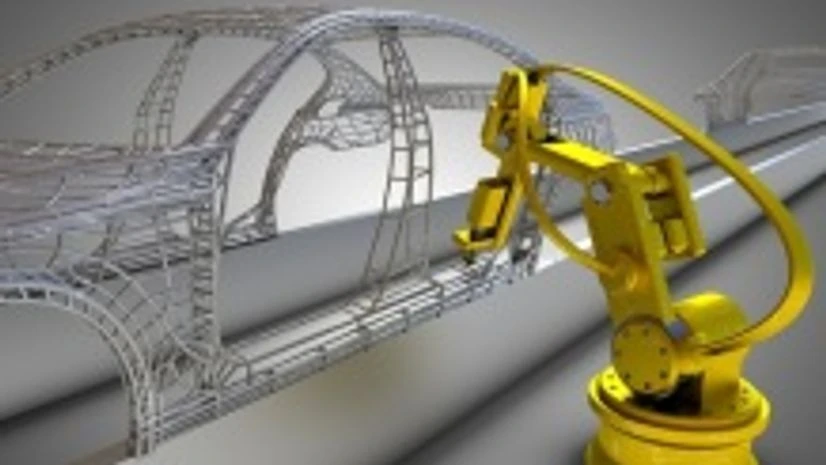The Union Cabinet, chaired by the Prime Minister Narendra Modi, has approved the revised cost estimate for Rs 3727.30 crore for the National Automotive Testing and R&D Infrastructure Project (NATRIP). This approval ensures completion of the projects under NATRIP which is an important initiative by the government for the establishment of the global test centres in India. This will address the R&D requirements of the automotive industry, full-fledged testing and homologation centres. The places are within the Northern auto-cluster at ICAT-Manesar, Haryana and Southern auto-cluster at GARC-Oragadam, Chennai, Tamil Nadu and up-gradation of existing centers at ARAI-Pune and VRDE-Ahmednagar in Maharashtra for Western auto-cluster.
The NATRIP project is required to adopt global best practices to ensure road safety, environmental protection, etc in design, manufacture, testing and operation of motor vehicles in the country since India is signatory to UN Regulation on Harmonisation of Vehicle Specifications under WP-29 of 1998.
It will also support Automotive Mission Plan 2016-26 which aims to make Indian automotive & component manufacturers globally competitive for export with aim to scale up exports to the extent of 35-40 percent of its overall output over the next 10 years. NATRIP project will help the MSMEs for development and certification of auto-components, both for OEMs and after sale parts.
The essential components include world class labs for powertrain, passive safety tests l (including crash tests), tracks for proving technology (including the high speed track at Indore), fatigue and certification, electro-magnetic compatibility tests, noise vibration & harshness tests, CAD & CME and infotronics. Many of the labs are already operational. These infrastructure will also enable the vehicle and component manufacturers to develop and get certificates in the country, for automotive products which confirm to the world standards thus implementing the Make in India objective.
The government plans to make NATRIP centres globally competitive and fully-integrated with the established auto hubs so that domestic industry is export competitive, thus giving impetus to the Make in India program.

)
